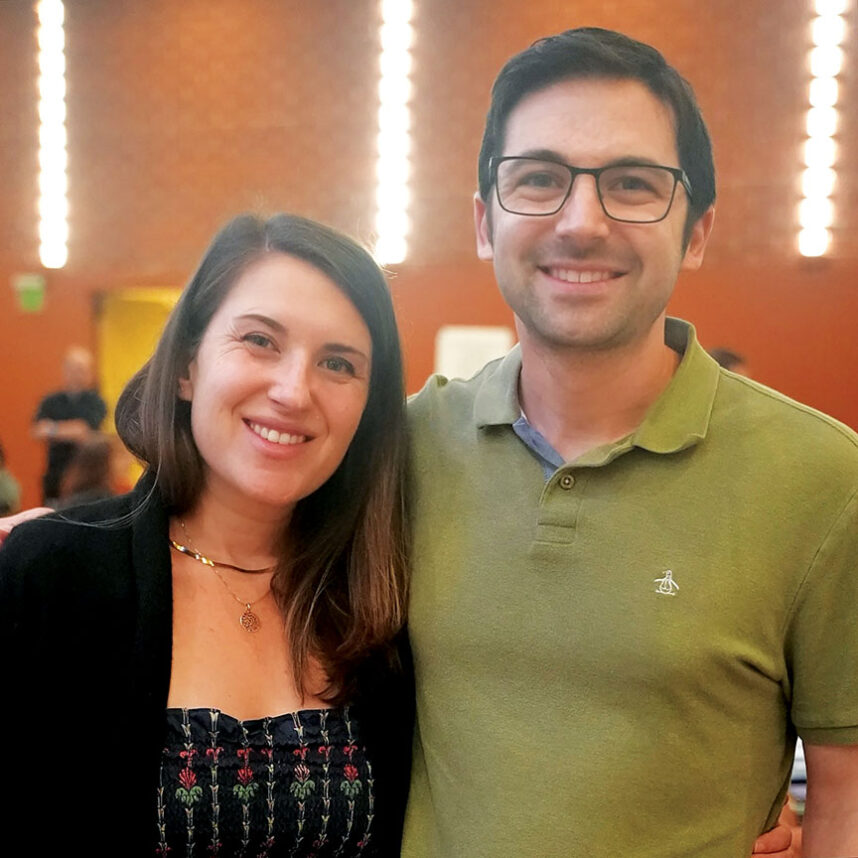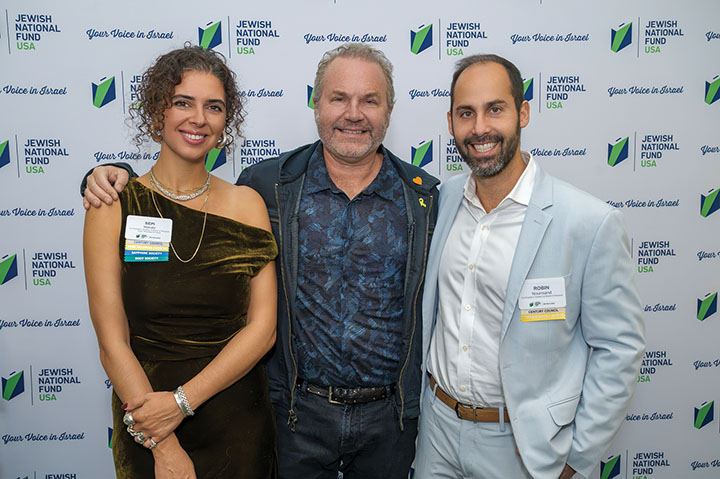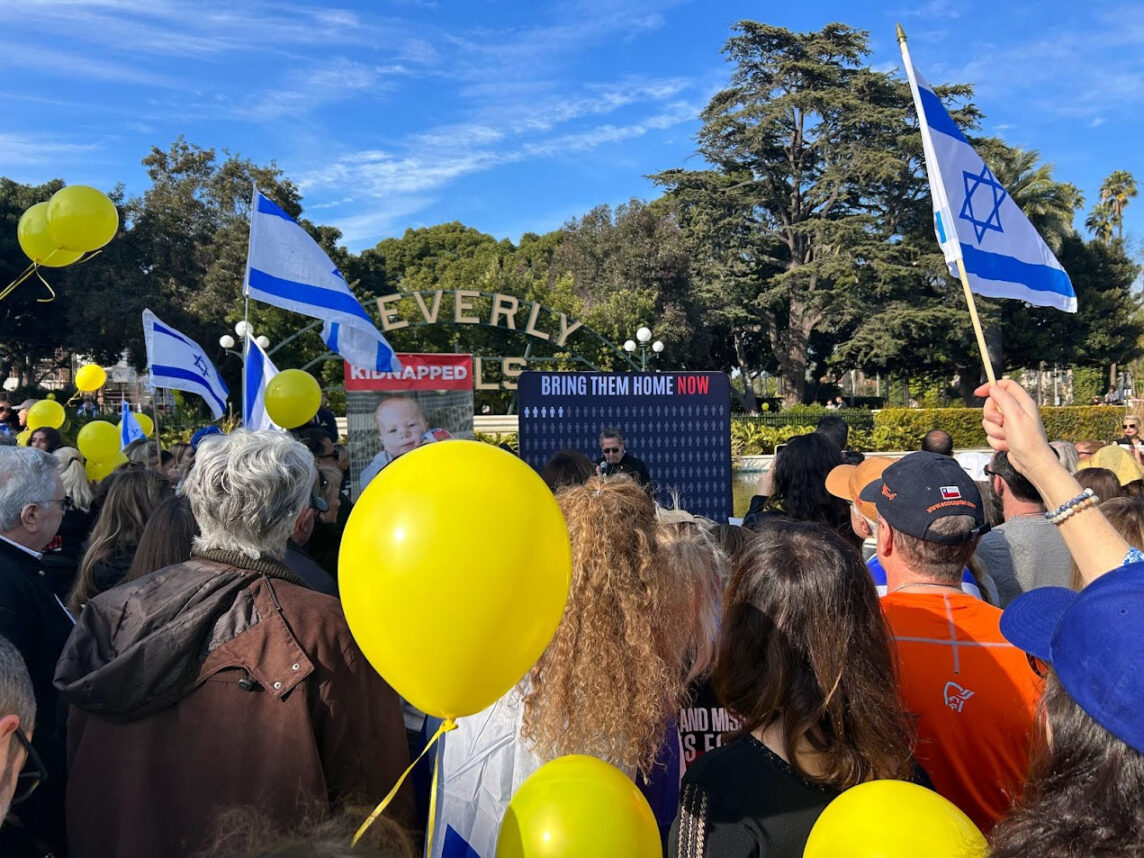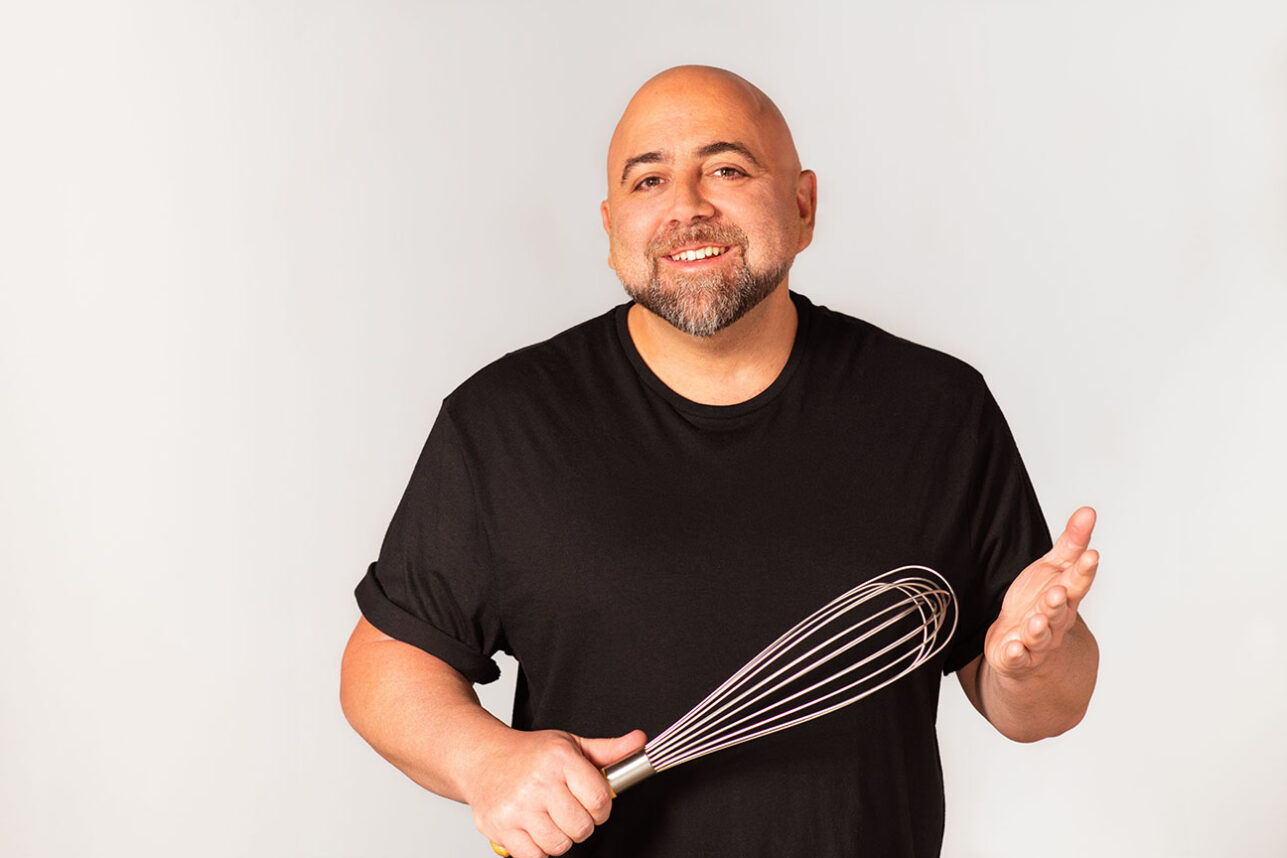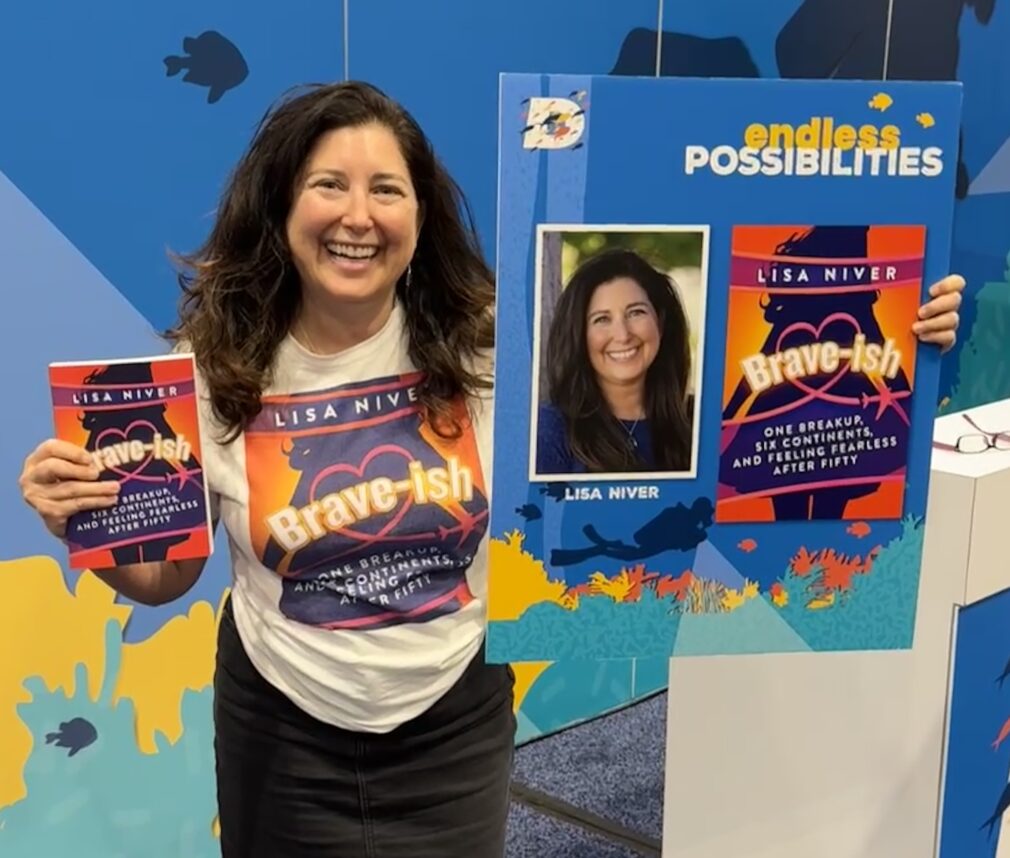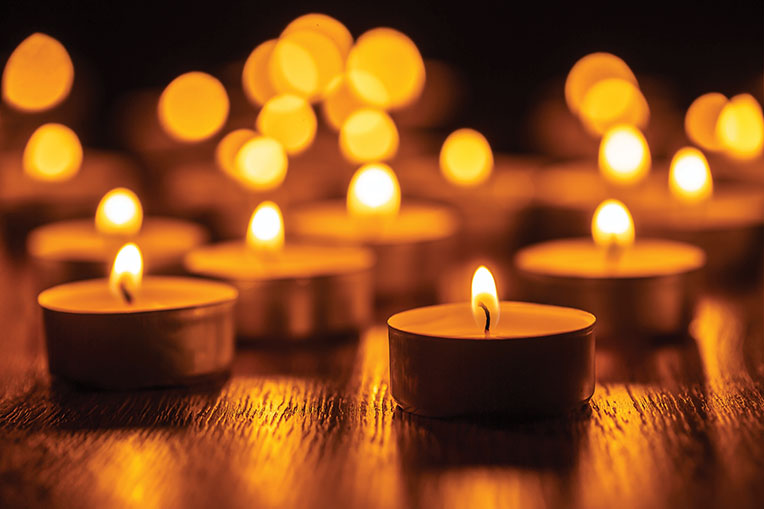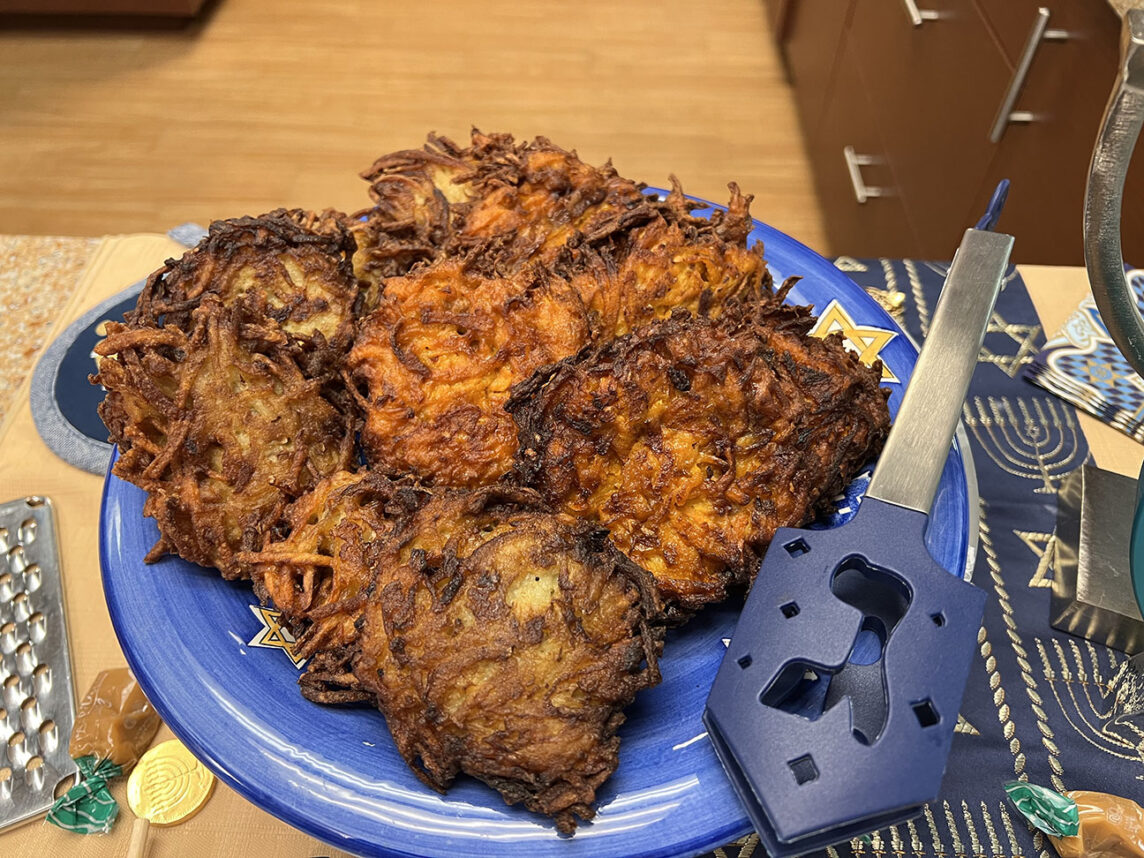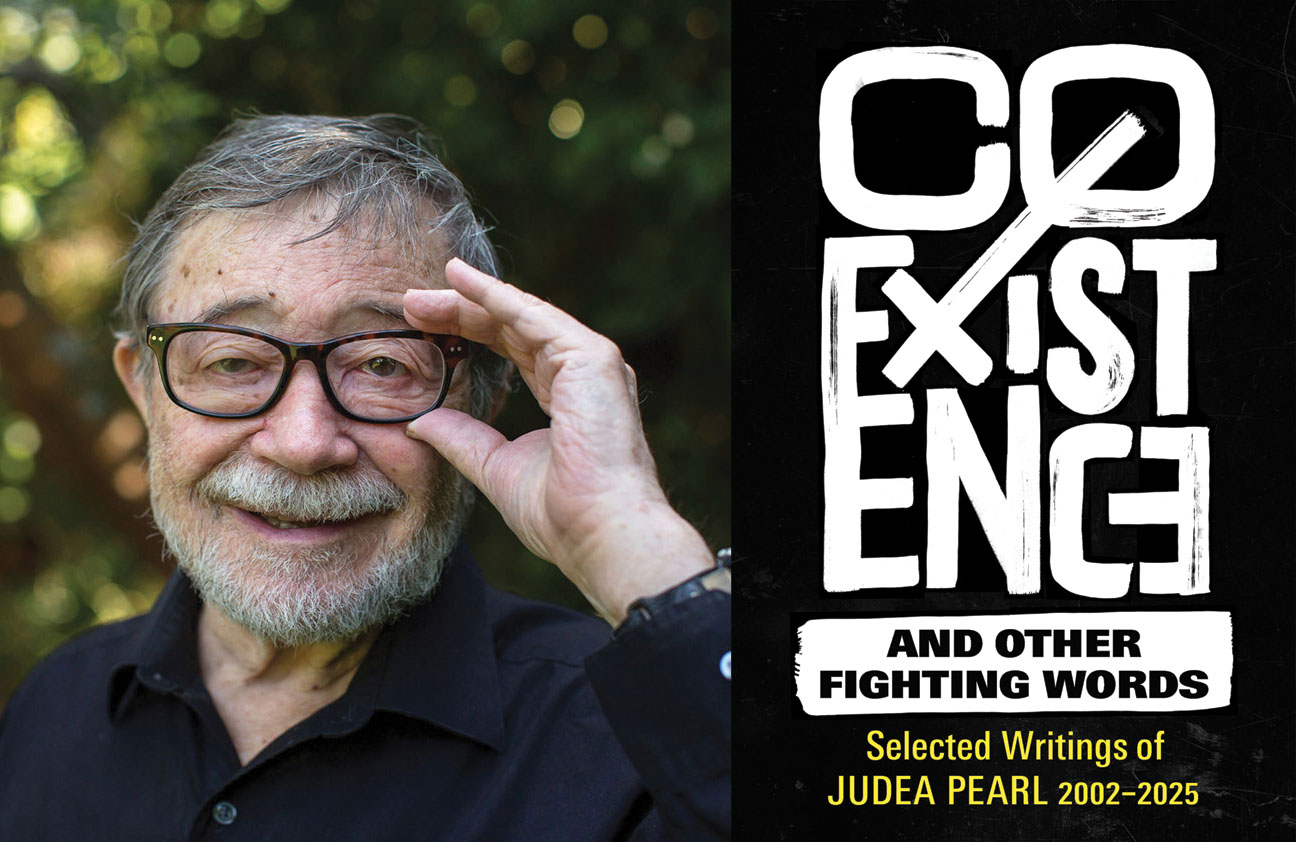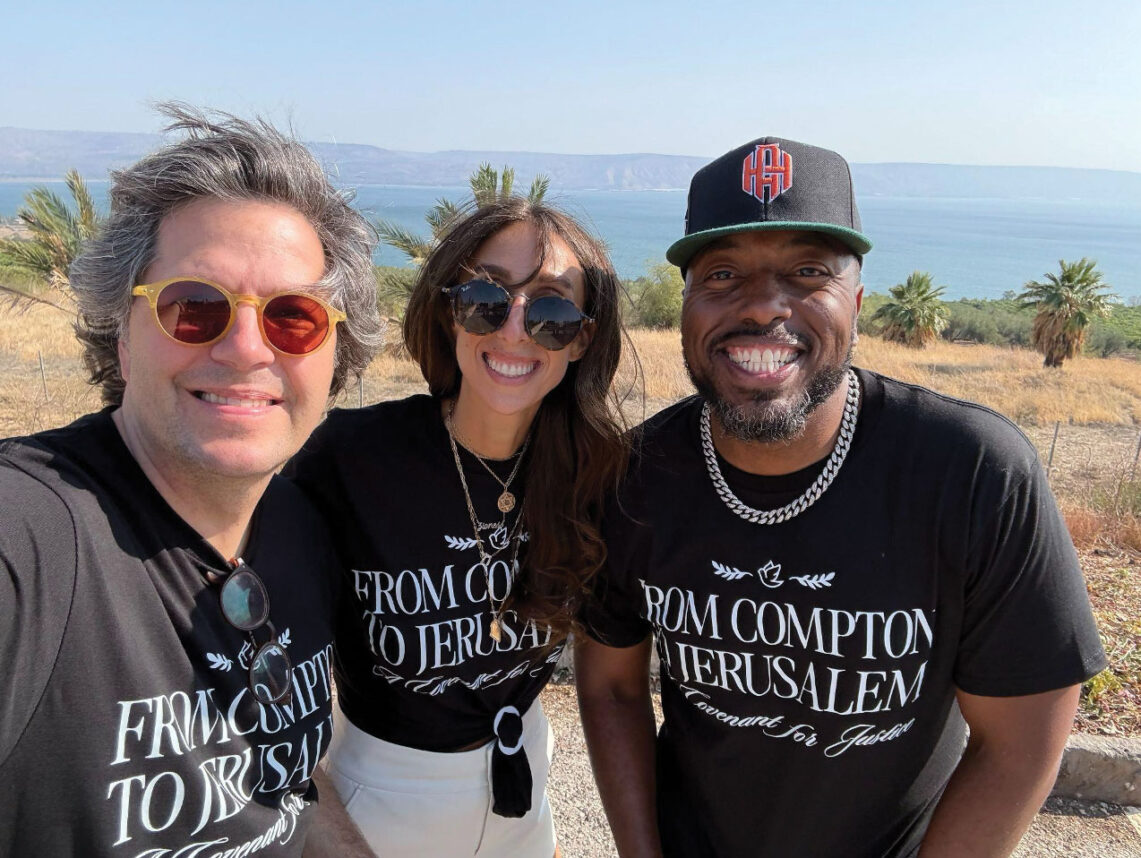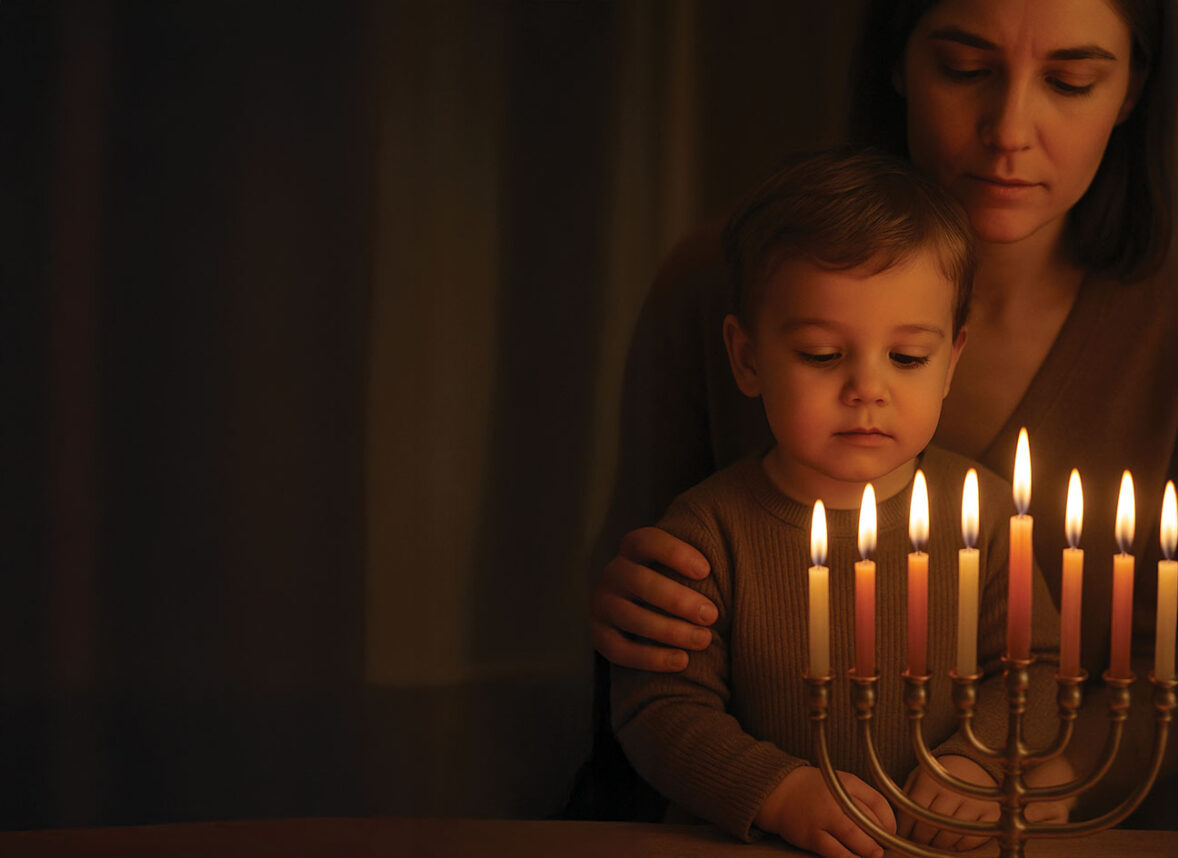“‘Fahrenheit 9/11,’ what a piece of garbage,” says radio host Bill Handel.
He’s livid, because a caller has suggested the Bush-bashing film is partially true: “So if I have pictures of you screwing goats, and that’s only 25 percent of the story, is that OK,” he retorts before hanging up in disgust. “Let’s see if we can get some other cretins like this guy to call in.”
It’s early morning in KFI-AM’s gray, freezing studio, but the boisterous Handel is already heating up the airwaves with the kind of talk that’s made him the top morning host in Los Angeles, ahead of KROQ’s “Kevin & Bean” and KLSX’s Howard Stern.
While the 52-year-old attorney-turned-host can be as obnoxious as Stern and as bombastic as Rush Limbaugh, he’s neither an ideologue nor a shock jock. He describes his show as “in-your-face, informational, with a lot of racial humor,” yet he isn’t dirty or dogmatic.
There aren’t any strippers or allegations that Democrats are inherently evil. Handel may bash illegal immigration one minute and support pro-choice activists the next. He’ll lambaste “Fahrenheit 9/11,” then excoriate Bush for his “insane” stand on the stem cell issue.
“Bill is strongly opinionated, but his menu of pet peeves isn’t what you’d expect,” says Steve Carney, who writes about radio for the Los Angeles Times.
“Part of what makes him so successful is that he’s unpredictable,” says Al Peterson, news-talk radio editor of Radio & Records. “He’s also smart and damned funny. He can say the most outrageous things and still not be totally offensive. He’s like the uncle you love, because he’s entertaining, but at the same time, he’s a little bit cranky.”
KFI marketing director Neil Saavedra put it another way: “Bill is a lovable a—-,” he says. “And that’s not shtick. He’s exactly the same off the air as he is on his show.”
Handel — a celebrity sponsor for Bet Tzedek’s The Justice Ball July 10 (see sidebar) — seems to be doing his best to cultivate that image as he finishes his show and strolls to his office, where a poster depicts him as Frankenstein’s monster, with the slogan, “We’ve created a monster! (ratings).” He faux-kvetches about a framed story on himself in Obesity Help magazine, which has fake bites engraved in the frame; it was written when he lost 112 pounds after bariatric surgery.
“All the other talk show hosts get covers of real magazines,” he says. “I get ‘Obesity Help — your gateway to the weight-loss surgery community.'”
If he’s hamming it up as the lovable jerk, he clearly relishes the role. When his program director, Robin Bertolucci, says nice things about him, he jokingly grumbles at her to “shut up.” When Saavedra describes himself as a “nondenominational Protestant,” Handel retorts, “You’re a fanatic, is what you are.”
Undaunted, Saavedra describes his first meeting with Handel after being hired as his intern 10 years ago: “I stuck out my hand, and he said, ‘Is that an earring in your ear? Are you gay?’ — and walked away. Now this is a man who staunchly fights for gay rights on his show.”
Not everyone appreciates Handel’s politically incorrect humor. Latino groups complained about his remarks following the 1995 death of Tejano pop star Selena; Asian Americans demanded — and got — an on-air apology for his 1996 parody involving ice skaters Michelle Kwan and Kristi Yamaguchi. This past March, a Muslim group filed a federal complaint over a skit that suggested Iraqis want to kill Jews, marry camels and meet Japanese schoolgirls in heaven.
Bertolucci apologized on the air, stating that Handel “was attempting to make a satirical point about the extremist Iraqis.” But Handel refused to apologize.
“I’m an equal-opportunity offender, and probably the least bigoted person I know,” he says. The son of a Holocaust survivor, he says he’s sarcastic about racism to expose its absurdity; that he loves the American melting pot — and loathes political correctness.
“Of course, people are fine when I [ridicule] someone else’s group,” he adds. “The Koreans hate it when I make dog-eating jokes, but when I joke about Jewish neuroses, it’s hilarious.” When members of the tribe call him a “self-loathing Jew,” he retorts, “Where were you when I was making fun of the shvartzes?”
Handel’s Jewishness regularly comes up on the show, sometimes in a serious manner. He once tried to take neo-Nazis to Auschwitz to see where his paternal grandparents were gassed. More recently, he recorded a segment about how his father, Leo, fled Nazi-occupied Yugoslavia, posed as a Jesuit in the Vatican and fought in the Jewish Brigade.
After the war, Leo Handel emigrated to Brazil, where the KFI host was born William Wolf Handel in 1951. Five years later, the family moved to Los Angeles, where young Bill quickly learned English — sans bilingual education. If he now maintains that bilingual ed “sucks,” his opinion comes from personal experience.
“The worst thing you can do to a kid who’s just come to this country is give him the opportunity not to learn English,” he says. “That kid will never be a banker or doctor or lawyer; he’ll be washing my kids’ cars.” (Handel is married with 9-year-old twin daughters.)
As for the young Handel, he says he was precocious but also “an insufferable little ass who would talk back and mouth off.” Eventually, he parlayed that personality trait into a radio career.
As a pioneer in the field of reproductive law in the 1980s, he was often invited on TV and radio programs to discuss his then-controversial Center for Surrogate Parenting & Egg Donation. During one “Today” show appearance, he heatedly argued with a fellow guest (“Bryant Gumbel had to peel us apart,” he says) and caught the attention of KABC-AM programmers. They invited him to do a Sunday legal advice show, “Handel on the Law,” which moved to KFI-AM (640) in 1989.
So how did he finagle a full-time, general talk slot?
“Every week for four years, I’d record the worst two minutes on KFI, then play it for the program director and say, ‘You should be fired,'” he recalls.
In 1993, “Handel Yourself in the Morning” debuted in the prestigious 5 a.m. to 9 a.m. slot; by fall 2003, he had become the No. 1 morning drive host among all adult listeners in Los Angeles, not just the coveted 35- to 54-year-old audience.
Although he no longer practices law full time, he still doles out legal advice on his weekend show, “Handel on the Law,” which is syndicated in more than 50 markets.
“I love telling people they have no case,” said Handel. He also loves touting himself as KFI’s “Latino-Jewish talk show host” — and offending as many people as possible.
“Everyone hates me a lot, which is really good,” he says, gleefully. “It means I’m doing my job.”
“Handel Yourself in the Morning” airs 5 a.m. to 9 a.m.weekdays on KFI. “Handel on the Law” airs 6-11 a.m. on Saturdays. For moreinformation, visit www.billhandel.com .
Handel Lauds Bet Tzedek
Radio host Bill Handel is more irreverent than laudatory, but he has nothing but praise for Bet Tzedek — The House of Justice, the only Jewish community-sponsored public interest law firm in the country. Founded in 1974, the organization provides free legal services to poor, elderly and disabled Angelenos, an endeavor the Jewish Handel admires.
He’s recorded promotional spots for the charity’s The Justice Ball fundraiser July 10, a party that will feature performances by Sugar Ray and Stephan Jenkins of Third Eye Blind. Handel is one of the event’s celebrity sponsors.
“I tell my listeners that Bet Tzedek is the epitome of Jewish charity, thinking and tradition,” he says.
Although the group is nonsectarian, a significant number of supporters are, “Jews who get together to provide help for anyone that needs it, regardless of whether they’re Jewish or not,” he says. “That, to me, is the essence of Judaism.”
The Justice Ball takes place Saturday, July 10, 8:30 p.m. to 1:30 a.m., at the Hollywood Palladium, 6215 Sunset Blvd. For tickets and information, call (323) 656-9069 or visit www.thejusticeball.org until 5 p.m. on Friday. Tickets will also be available at the door. To reach Bet Tzedek, call (323) 939-0506.








